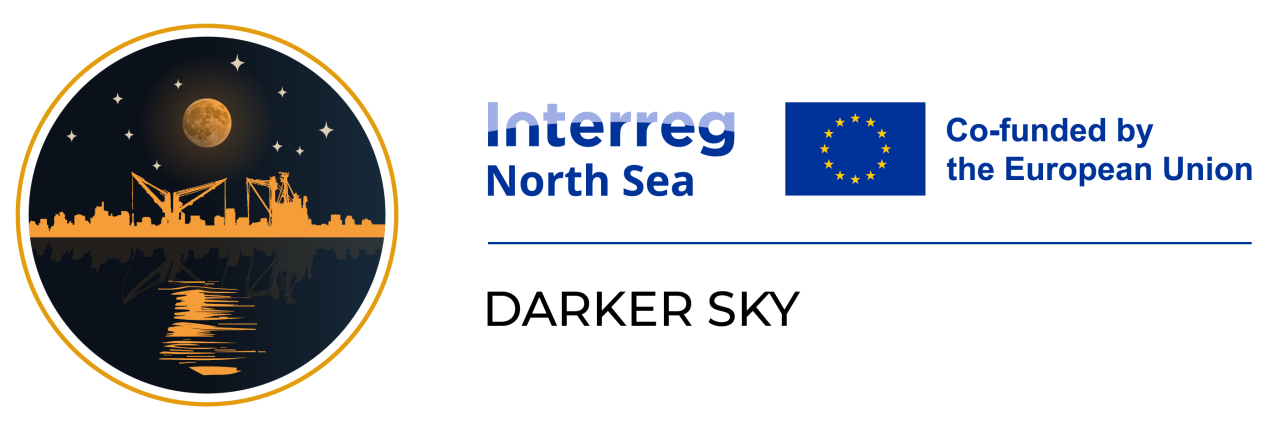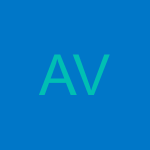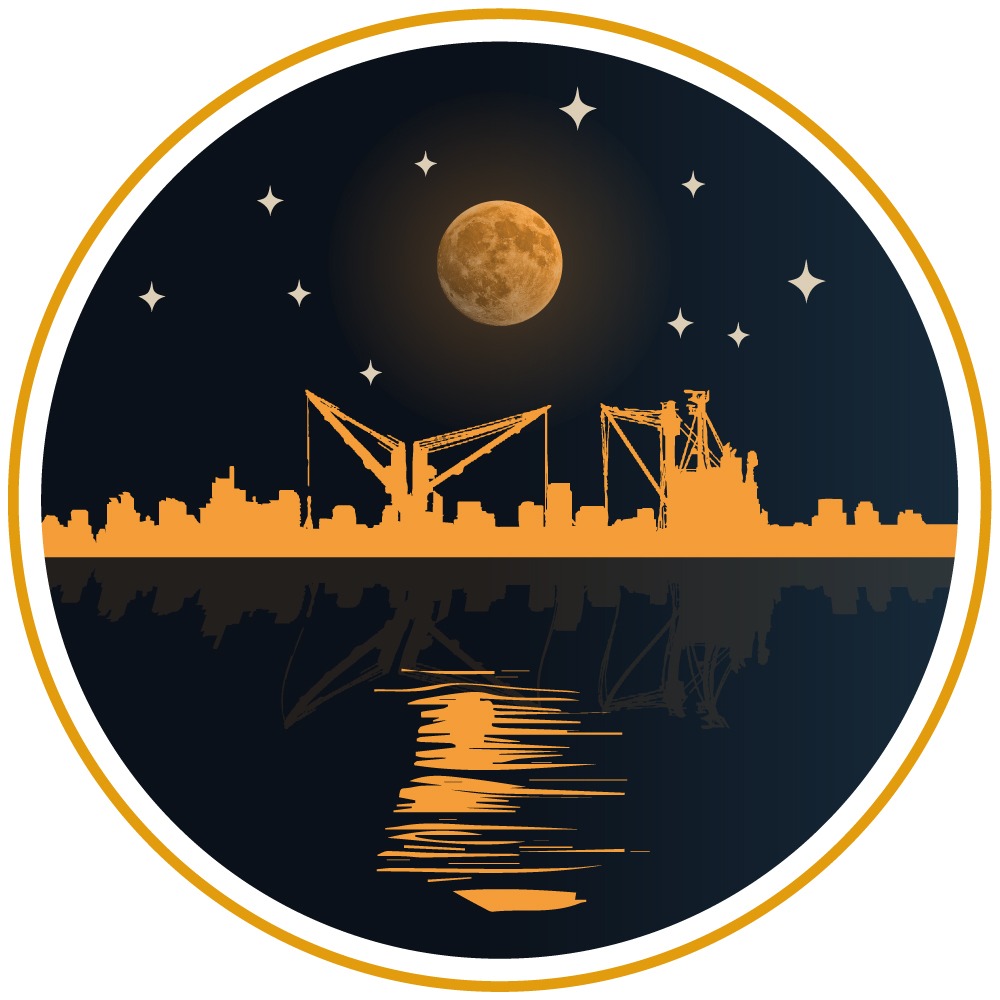
About
Light pollution, the excessive, misdirected or inappropriate use of artificial light at night, is increasingly recognised as a cross-regional challenge and serious environmental stressor causing biodiversity loss & habitat fragmentation.
Goals
DARKER SKY aims at reducing light pollution & increasing biodiversity and ecological connectivity in the North Sea Area by:
a) providing municipalities and ports with innovative measuring, monitoring & co-design methods for the implementation of new light reduction solutions;
b) fostering the interdisciplinary transnational exchange with good practices & lighthouse demonstrators i n 8 demonstrator sites in pilot regions
(Brest/Groningen/Friesland/Lower Saxony/Hamburg) with replication potential for NSR municipalities & public service providers;
c) establishing dialogue among local, regional & national public authorities to develop concrete regional action plans & a transnational strategy for a sustainable policy uptake of light reduction solutions across the NSR.
Partners
The consortium includes the lead partner Université de Bretagne Occidentale (FR); Brest Métropole (FR), Common Wadden Sea Secretariat (NL, DE, DK), Freie und Hansestadt Hamburg -Bezirksamt Altona (DE), Hochschule für Angewandte Wissenschaften Hamburg (DE), Landmakers Coöperatie U.A. (NL), Gemeente Heerenveen (NL), Stichting Van Hall Larenstein (NL), Carl von Ossietzky Universität Oldenburg (DE), Nationalparkverwaltung Niedersaechsisches Wattenmeer (DE), Niedersachsen Ports GmbH + Co. KG (DE), Rijksuniversiteit Groningen (NL), Aarhus Universitet (DK).
Contact Persons
-

Jan-Willem van Kruyssen
-

Anna Vollmer
